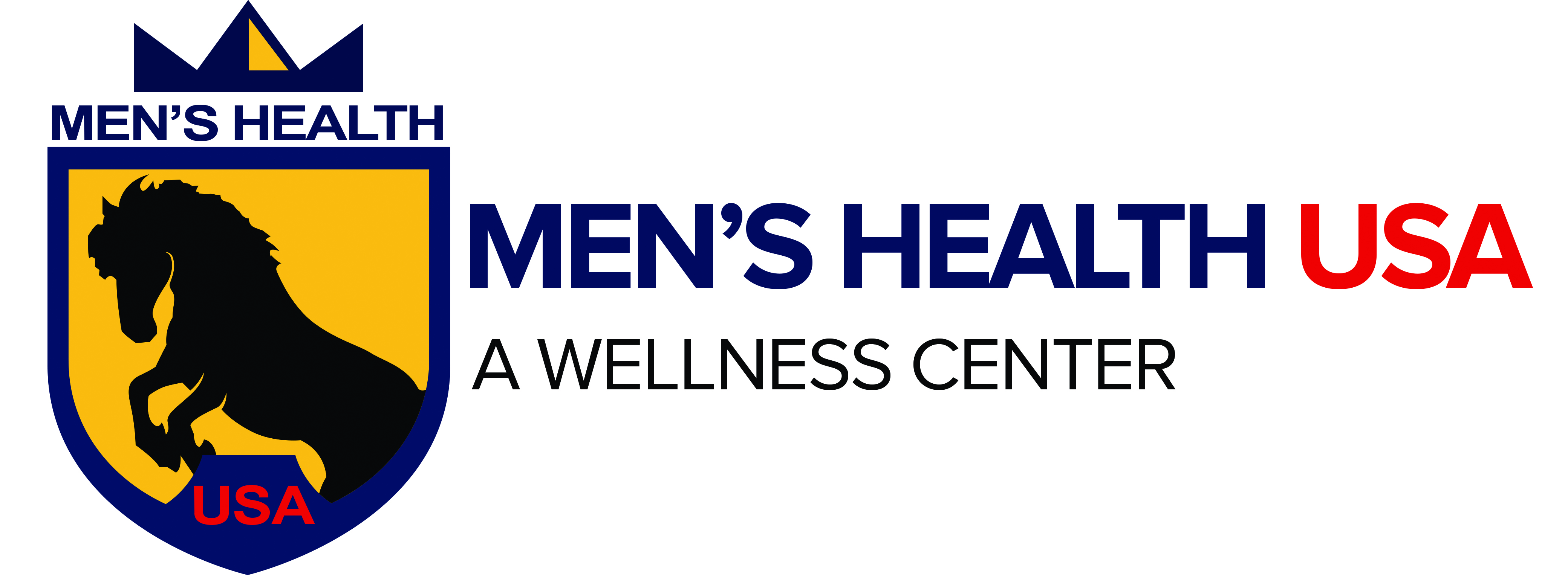Men's Health USA Blog
Learn more about Men's Health topics by our Staff.

Unveiling the Fountain of Youth: The Benefits of Testosterone Replacement Therapy for Men Over 40
Unveiling the Fountain of Youth: The Benefits of Testosterone Replacement Therapy (TRT) for Men Over 40.
As men age, they often encounter a gradual decline in testosterone levels, a hormone crucial for various physiological functions. This decline can lead to a range of symptoms, including fatigue, reduced libido, decreased muscle mass, and cognitive decline. Fortunately, modern medicine offers a solution in the form of Testosterone Replacement Therapy (TRT), a treatment that has shown promising results in rejuvenating men over 40. In this article, we will explore the benefits of TRT, its potential impact on physical and mental well-being, and the considerations individuals should bear in mind.

Understanding Testosterone and Its Decline:
Testosterone, a key male sex hormone, plays a vital role in maintaining bone density, muscle mass, fat distribution, red blood cell production, and overall vitality. However, as men enter their 40s, testosterone production tends to decline at an average rate of 1% per year. This decline can result in a condition known as hypogonadism, characterized by low testosterone levels and the associated symptoms.
The Benefits of Testosterone Replacement Therapy:
Improved Libido and Sexual Function: One of the most notable benefits of TRT is its positive impact on libido and sexual function. As testosterone levels rise, men often experience an increase in sexual desire, improved erectile function, and enhanced overall sexual satisfaction. This can significantly improve the quality of life for men who may have noticed a decline in these aspects with age.
Increased Energy and Vitality: Fatigue and decreased energy levels are common complaints among men over 40, often attributed to lower testosterone levels. TRT has been shown to boost energy levels, improve mood, and enhance overall vitality. This can lead to increased productivity, better performance at work, and a more active lifestyle.
Preservation of Muscle Mass and Bone Density: Testosterone plays a crucial role in maintaining muscle mass and bone density. With age, the gradual decline in testosterone levels can contribute to muscle loss and an increased risk of osteoporosis. TRT helps counteract these effects, promoting the preservation of lean muscle mass and supporting bone health.
Weight Management: Testosterone influences fat distribution in the body, and low levels are associated with increased fat accumulation, particularly around the abdomen. TRT can aid in weight management by promoting the development of lean muscle mass and reducing overall body fat, contributing to a healthier body composition.
Cognitive Benefits: Emerging research suggests a link between testosterone levels and cognitive function. Low testosterone levels have been associated with cognitive decline, memory loss, and difficulty concentrating. TRT may have a positive impact on cognitive abilities, potentially slowing down age-related cognitive decline.
Improved Mood and Mental Well-being: Testosterone has been shown to influence mood, and low levels are often associated with symptoms of depression and irritability. TRT can contribute to an improved sense of well-being, reduced anxiety, and an overall positive impact on mental health.
Considerations and Caveats:
While the benefits of Testosterone Replacement Therapy are evident, it is crucial for individuals considering this treatment to be aware of potential risks and side effects. TRT should only be administered under the supervision of qualified medical professionals, as improper use can lead to adverse effects.
Monitoring and Individualization: TRT requires careful monitoring to ensure that testosterone levels are within the optimal range. Individual responses to therapy can vary, and adjustments may be necessary to achieve the desired results while minimizing potential side effects.
Cardiovascular Health: There has been ongoing research regarding the potential impact of TRT on cardiovascular health. While some studies suggest a correlation between low testosterone levels and cardiovascular issues, the long-term effects of TRT on the heart are still being studied. Individuals with pre-existing cardiovascular conditions should discuss the potential risks and benefits with their healthcare providers.
Prostate Health: Concerns have been raised about the potential impact of TRT on prostate health. While there is no conclusive evidence linking TRT to an increased risk of prostate cancer, regular monitoring of prostate health is essential for individuals undergoing testosterone replacement therapy.
Conclusion:
Testosterone Replacement Therapy has emerged as a promising option for men over 40 seeking to mitigate the effects of age-related testosterone decline. From improved libido and sexual function to increased energy, muscle preservation, and potential cognitive benefits, TRT offers a multifaceted approach to enhancing overall well-being. However, it is crucial for individuals to approach TRT with caution, seeking the guidance of healthcare professionals to ensure safe and effective treatment. As our understanding of TRT continues to evolve, it holds the promise of providing men with a renewed sense of vitality and quality of life in their later years.
Want to Learn more about Men's Health USA Services....
Click Here to learn about our Specials
or Learn more about
Testosterone Replacement Therapy
Men's Health USA. a Wellness Center
15901 Hawthorne Blvd. #450A
Lawndale, CA 90260
424-349-4220

